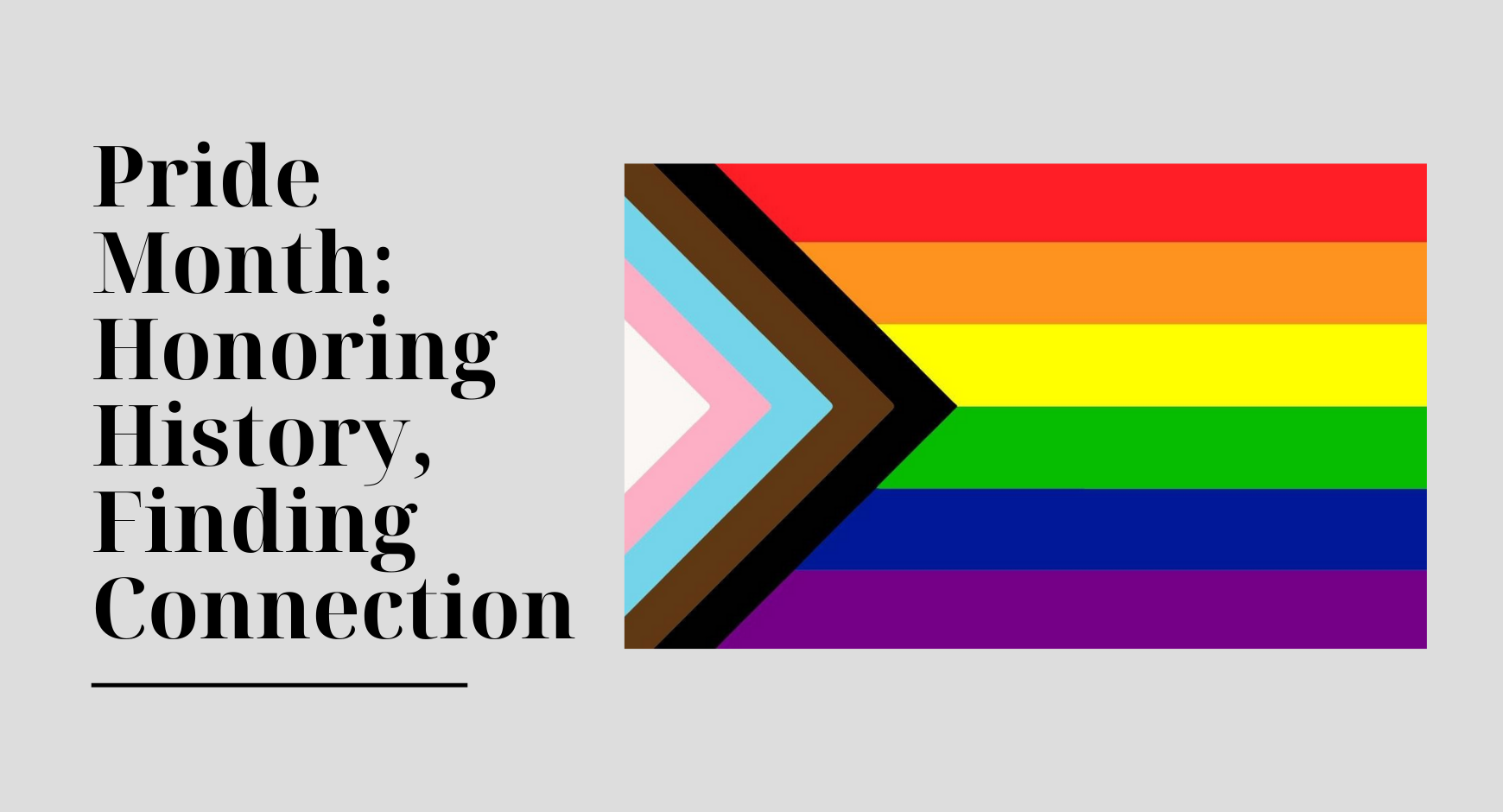
As June rolls around, there is an increase in rainbow flags and the greetings of, “Happy Pride!” While this month is set aside to honor and celebrate LGBTQIA+ communities, we can also learn more about the history of Pride month and support LGBTQIA+ people who have experienced an increase in mental health concerns, especially during the COVID-19 pandemic. Here is one article about mental health issues for LGBTQ+ youth that highlights the depth and magnitude of these concerns: https://www.thetrevorproject.org/survey-2021/?section=Covid19
The Trevor Project’s article notes how the time of COVID has complicated mental health issues. One antidote to the challenges of mental health issues is to join with supportive communities. The following article lists ways to connect in the Austin LGBTQIA+ community https://do512.com/p/lgbtq-resources-in-austin
Here on campus, the Pride and Equity Faculty and Staff Association (PEFSA) is a university resource group that promotes the interests of LGBTQIA+ staff and faculty. Their website, with links to social media, can be found at https://sites.utexas.edu/pefsa/
In addition, the university offers Ally Workshops designed to help the learner practice a series of vocabulary tools in support of LGBTQIA+ inclusion in the classroom and work setting and review the campus resources for LGBTQIA+ staff and faculty, including programs offered through the Gender and Sexuality Center.
In exploring the history of Pride Month, journalist Tre’vell Anderson notes that Pride comprises two elements: “one [being] a community celebration, the other an enraged protest of an unjust system.” In an Esquire article from 2020, Anderson, shares the history of Pride by exploring events in the 1960’s in which protests occurred “to let law enforcement, and by association the political establishment, know that the community was no longer going to passively accept bigotry and brutality.” The most famous of the protests occurred in New York City around Stonewall Inn, and many in the community gathered a year after the protests to celebrate their work and continue to be vocal about the need for LGBTQIA+ rights. Anderson stresses how Pride has evolved, including joining with other movements with communities that overlap.
While the first Pride was over 50 years ago, the LGBTQIA+ community continues to advocate for equal rights and equitable access to programs and services. If you are a member of the LGBTQIA+ community and would like support, the Employee Assistance Program (EAP) counselors are here to help. Make an appointment by calling 512-471-3366 or email eap@austin.utexas.edu.
